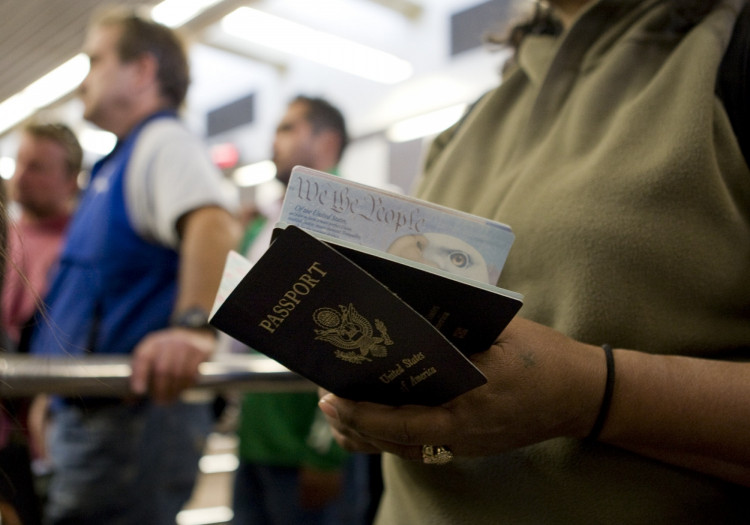The U.S. State Department will begin enforcing a new visa bond policy that could require applicants from countries with high overstay rates or weak security controls to post bonds of up to $15,000 under a yearlong pilot program announced Monday. The initiative, which starts August 20, is part of President Donald Trump's broader crackdown on illegal immigration and visitor visa violations.
Under the new rules, consular officers will have discretion to impose bonds of $5,000, $10,000, or $15,000 on applicants seeking B-1 (business) or B-2 (tourist) visas from countries that meet specific risk criteria. The department stated the bonds will be returned in full if travelers depart the United States in accordance with visa conditions. Officials expect the standard bond to be $10,000 in most cases.
The pilot follows other Trump administration efforts to tighten visa scrutiny. Last week, the State Department announced in-person interviews for many visa renewal applicants and proposed a passport requirement for entrants in the Diversity Visa Lottery program. Trump has also issued a travel ban affecting 19 countries on national security grounds and continues to push for expanded border enforcement.
A State Department spokesperson said countries subject to the bond requirement will be determined based on "high overstay rates, screening and vetting deficiencies, concerns regarding acquisition of citizenship by investment without a residency requirement, and foreign policy considerations." The department did not immediately release a list of impacted nations but indicated it will be made public after implementation.
U.S. Customs and Border Protection data from FY2023 identified numerous African nations-including Burundi, Djibouti, and Togo-as having among the highest rates of visa overstays. Other countries cited for high overstay rates and travel risks include Chad, Eritrea, Haiti, Myanmar, and Yemen-many of which were previously listed in Trump's travel ban.
The U.S. Travel Association estimates the pilot could affect about 2,000 applicants, mostly from countries with low travel volume to the United States. The "scope of the visa bond pilot program appears to be limited," the organization said in a statement, though it warned the added costs could deter future tourism.
The bond pilot revives a similar measure introduced during Trump's first term in November 2020, which was never fully implemented due to pandemic-era travel disruptions. Visa bonds had historically been discouraged by the State Department due to administrative burden and concerns over public perception, but officials now say there is no recent precedent supporting that view.
Adding to the financial burden, a new $250 "visa integrity fee" was introduced in July through a Republican-led spending package passed by Congress. Effective October 1, the fee will apply to all non-immigrant visa approvals and may be reimbursable only if travelers comply with visa terms. Critics say this makes U.S. visitor visas among the most expensive globally.






